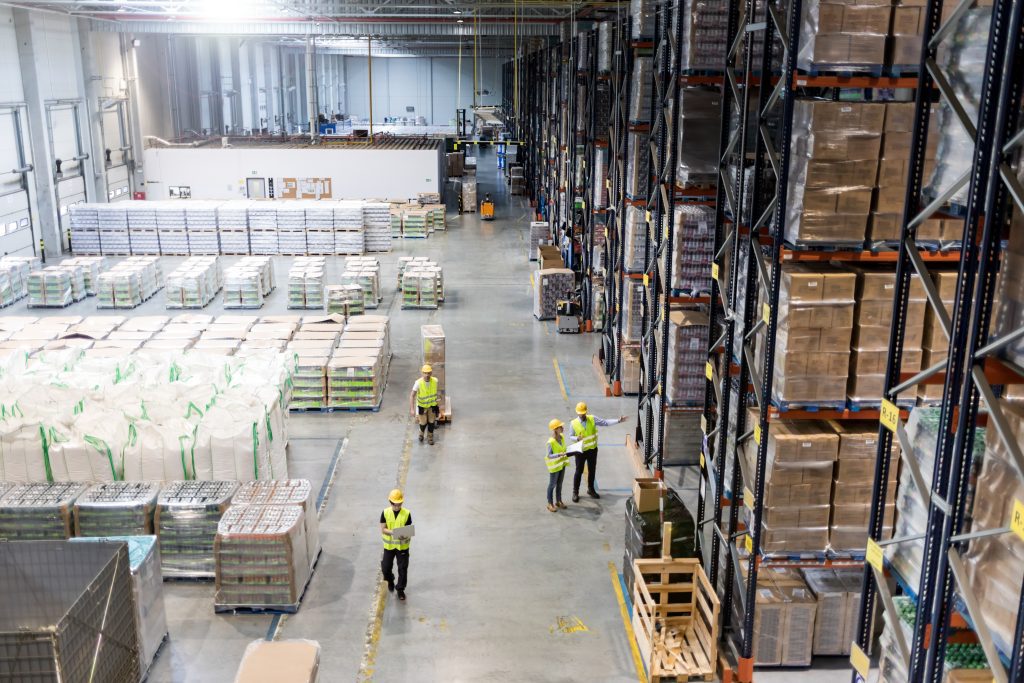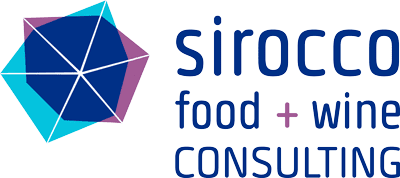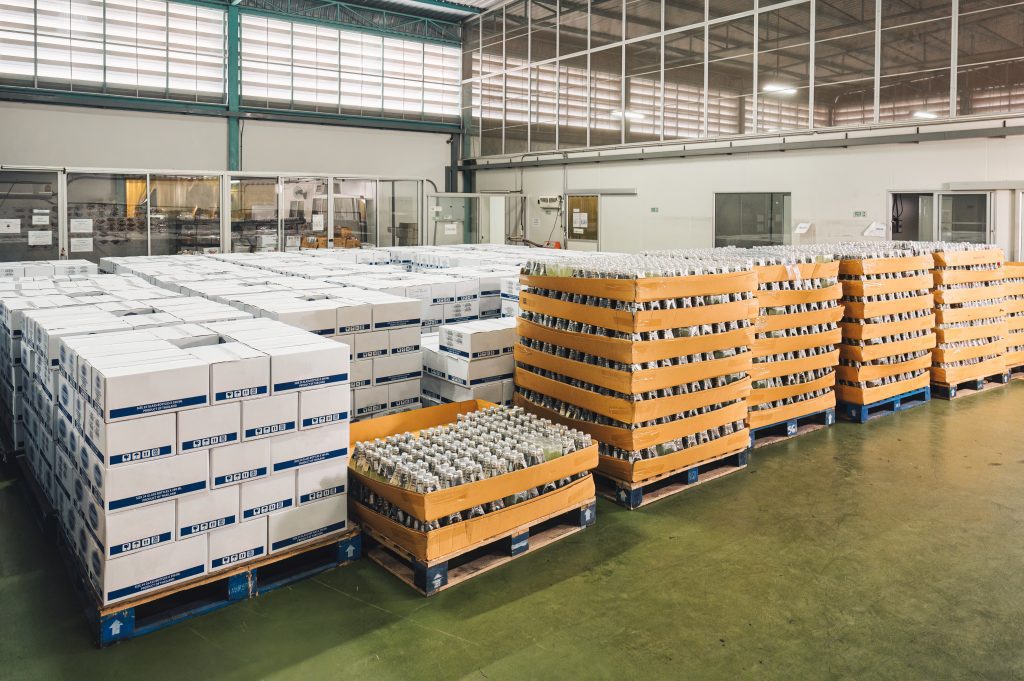Introduction to FSVP and the role of an FSVP Agent
In today’s global food supply chain, ensuring the safety of imported foods is a top priority for the United States Food and Drug Administration (FDA). One of the key regulations supporting this effort is the Foreign Supplier Verification Program (FSVP). For companies that import food into the United States, understanding FSVP requirements and implementing adequate control measures are essential to ensure smooth business operations.
What Is FSVP?

With growing concerns over foodbourne illness outbreaks linked to imported foods, the Foreign Supplier Verification Program (FSVP) was established under the Food Safety Modernization Act (FSMA). FSMA represents the most significant reform of U.S. food safety laws in over 70 years, shifting the focus from responding to food contamination to preventing it. FSVP addresses the safety of imported food and ensures that such food meets U.S. safety standards. Under FSVP, importers are required to verify that their foreign suppliers produce food in a manner that provides the same level of public health protection as domestically produced food. This means importers must assess potential food safety risks, evaluate their suppliers’ performance, and take corrective actions when necessary. Every FSVP importer is responsible for making sure the food they bring into the U.S. is safe, properly labeled, and compliant with FDA regulations.
The Foreign Supplier Verification Program (FSVP) is a regulation under the U.S. FDA’s Food Safety Modernization Act (FSMA). Its primary purpose is to ensure that foreign suppliers of food meet U.S. safety standards. FSVP requires U.S. importers to verify that the food they bring into the country is produced in a manner that provides the same level of public health protection as domestic producers.
The FSVP requires that importers implement at least the following controls:
- Conduct a product-based risk assessment: Identify known or reasonably foreseeable hazards for each imported food (e.g., biological, chemical, radiological, physical and food-fraud related risks) based on the product’s inherent characteristics, process steps, and history of compliance, and implement control measures for each hazard.
- Evaluate the foreign supplier’s ability to supply safe food that meets the same regulatory requirements as domestically produced food.
- Verify the compliance of shipments and supplier performance, and conduct corrective actions when necessary.
What Is an FSVP Agent?

An FSVP agent is a U.S.-based individual or entity designated by a foreign food supplier to act on their behalf in matters related to FSVP. This designation is necessary when there is no U.S. owner or consignee of the food at the time of import. It is important not to confuse the FSVP agent with the U.S. agent required for FDA registration. The U.S. FSVP agent acts only as a contact for the FDA regarding registration, inspections, or emergencies and assumes no liability for the safety or compliance of imported products, though the FSVP agent must accept responsibility for ensuring FSVP compliance on behalf of the foreign supplier.
An FSVP agent must:
- Be a U.S. resident or have a place of business in the U.S.
- Be listed on entry documents submitted to U.S. Customs and Border Protection (CBP)
Being an FSVP agent carries legal responsibility. The agent must ensure that all FSVP duties are performed correctly and can be held accountable by the FDA in the event of non-compliance.
FSVP Training and Guidance Materials
The FSPCA FSVP Course is a standardized training developed by the Food Safety Preventive Controls Alliance (FSPCA) to help importers comply with the Foreign Supplier Verification Program (FSVP) regulation under the FDA Food Safety Modernization Act (FSMA). This course is the only FDA-recognized curriculum designed to meet the training requirements outlined in 21 CFR Part 1 Subpart L – the FSVP rule.
The course aims to help participants:
- Understand FSVP requirements and their practical application.
- Learn how to develop and maintain an FSVP plan.
- Know how to evaluate foreign supplier performance and verify food safety compliance.
- Identify hazards and assess risk levels associated with imported foods.
- Understand how to document and maintain records required by FDA.
Download and review a PDF of the full text version of the FSVP Awareness Module here. You may also want to listen to the recorded version of the live FSPCA FSVP Awareness Module webinar which includes an informative Q&A session.
Conclusion
The FSVP is a critical component of the FDA’s efforts to protect consumers from unsafe imported foods. For foreign suppliers, partnering with a knowledgeable and reliable FSVP agent is crucial to meeting regulatory requirements and gaining market access in the U.S.
Are you a US Food Importer who requires the services of a FSVP Agent? Do you need assistance with the development and implementation of a Foreign Supplier Verification Program (FSVP) to export to the USA? Under FSMA, US importers must ensure that imported foods meet the same food safety standards that are required of food produced in the U.S. Contact us to request a quote. Whether you’re a food importer or a foreign supplier, staying informed about FSVP and choosing the right FSVP agent can help ensure smooth operations and regulatory compliance in the U.S. food market.





